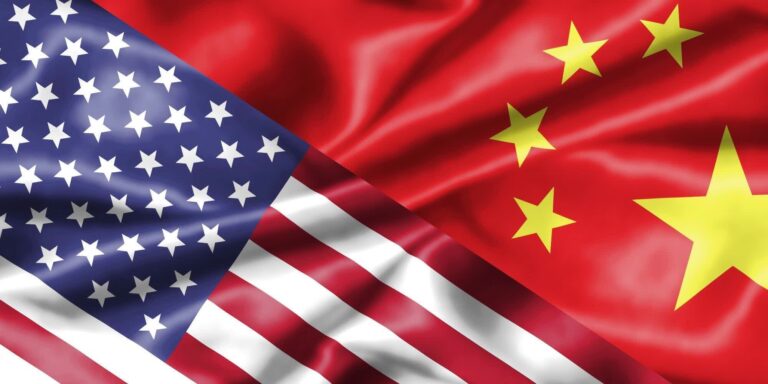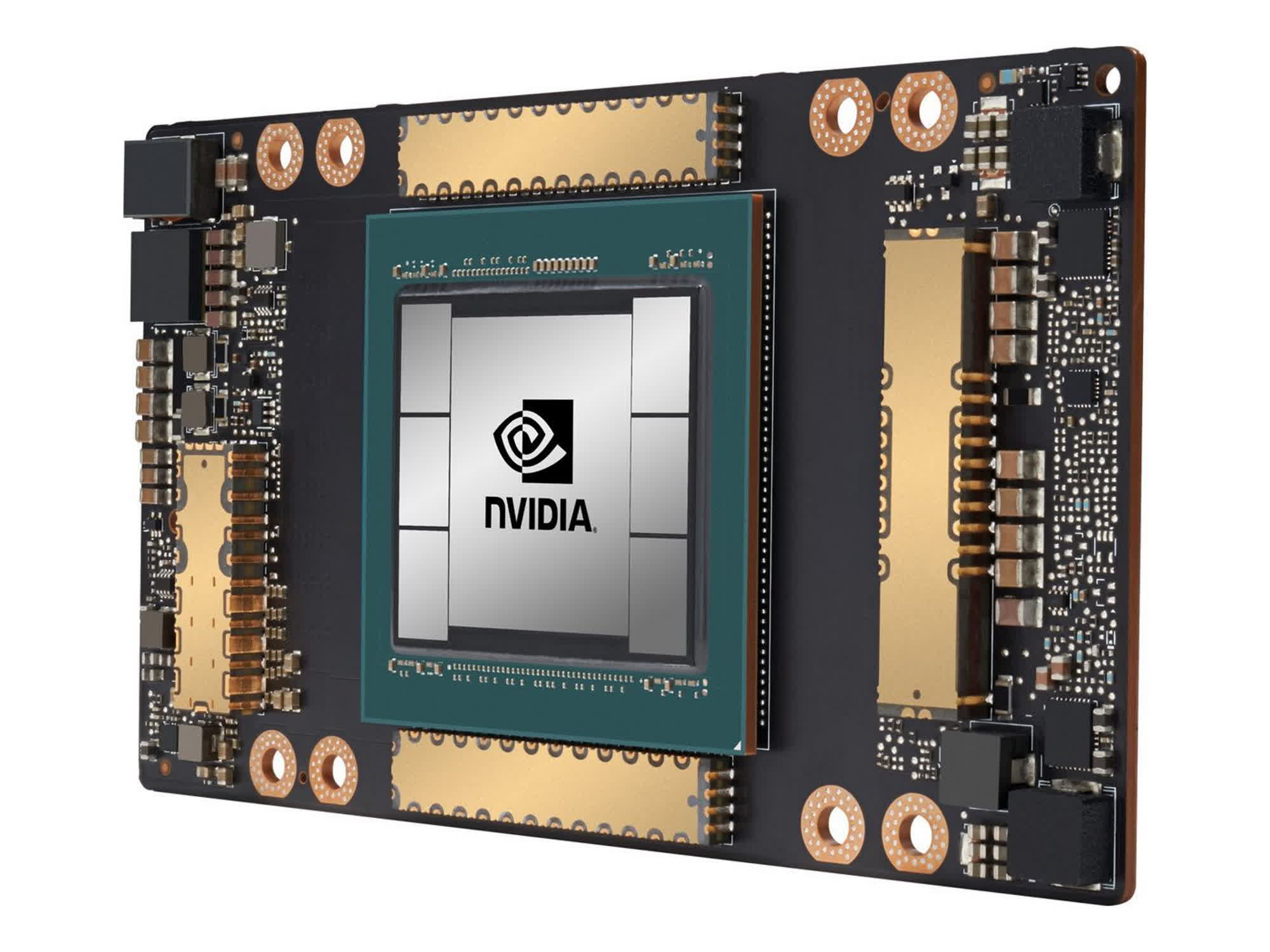
[ad_1]
Why it matters: China’s internet giants are securing as many Nvidia GPUs as they can, a new report suggests. Recent sanctions imposed by the White House have forced Asian companies to spend billions on the devices, which are essential if they want to develop their own generative AI systems.
The US government is increasing its pressure on American tech companies to curb exports of advanced computing technologies to China. The Chinese government said it will retaliate, while Chinese companies are currently investing billions of dollars to purchase (or likely pre-purchase) GPU cards made by California-based company Nvidia.
A new report states that Alibaba, Baidu, ByteDance, and Tencent have collectively placed orders for 100,000 Nvidia A800 GPUs, spending around $1 billion. The A800 card is a neutered version of the Ampere-based A100 processor, a stripped-down version of a three-year-old GPU technology that Nvidia cooked up for Chinese customers after Washington imposed strict limitations on GPU interconnection speeds.
According to unnamed people familiar with the issue, the aforementioned companies also placed further orders for Nvidia GPUs for an additional $4 billion. These new chips would be delivered next year, but there are no additional indications about what GPU models have been purchased. Nvidia could now be selling Chinese companies the H800 chip, a less powerful and capable version of the Ada Lovelace GPU generation for GPGPU and HPC applications.

An employee from Baidu, the Chinese web search giant and one of the largest AI and internet companies in the world, confirmed that the GPUs are essentially mandatory to train new large language models (LLM). With no new Nvidia GPUs, Chinese organizations will not have the hardware required to develop or improve their own LLMs.
Baidu recently developed a series of machine learning-based models under the “Ernie Bot” (Enhanced Representation through Knowledge Integration) moniker, including a language generation model (Erine 3.0 Titan) and a text-to-image generation tech (Ernie-ViLG).
US lawmakers have recently asked federal authorities to impose even stricter limitations on export of “AI accelerators” to China, with lower performance and data bandwidth caps. US companies are still making and designing specific AI chips to sell to Chinese customers, though. Intel recently announced a nerfed version of its Gaudi2 AI accelerator, while AMD is developing its own, sanctions-abiding offering for the Chinese market.
[ad_2]